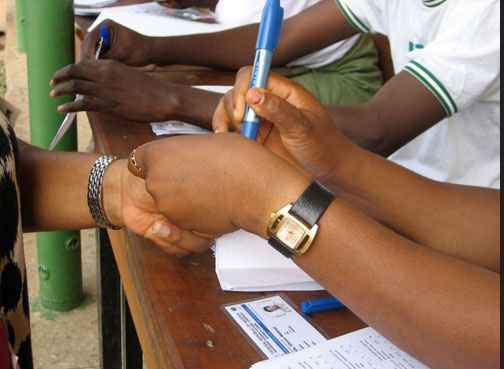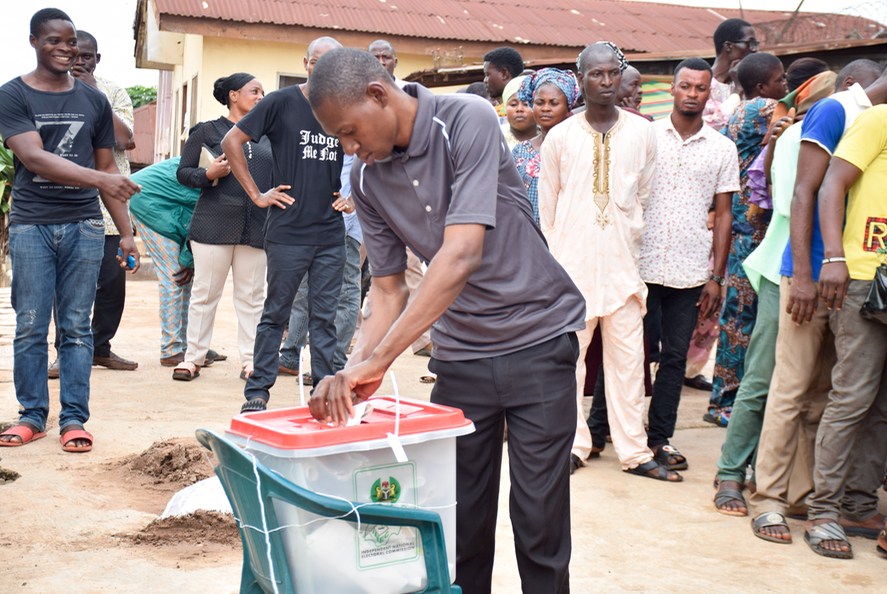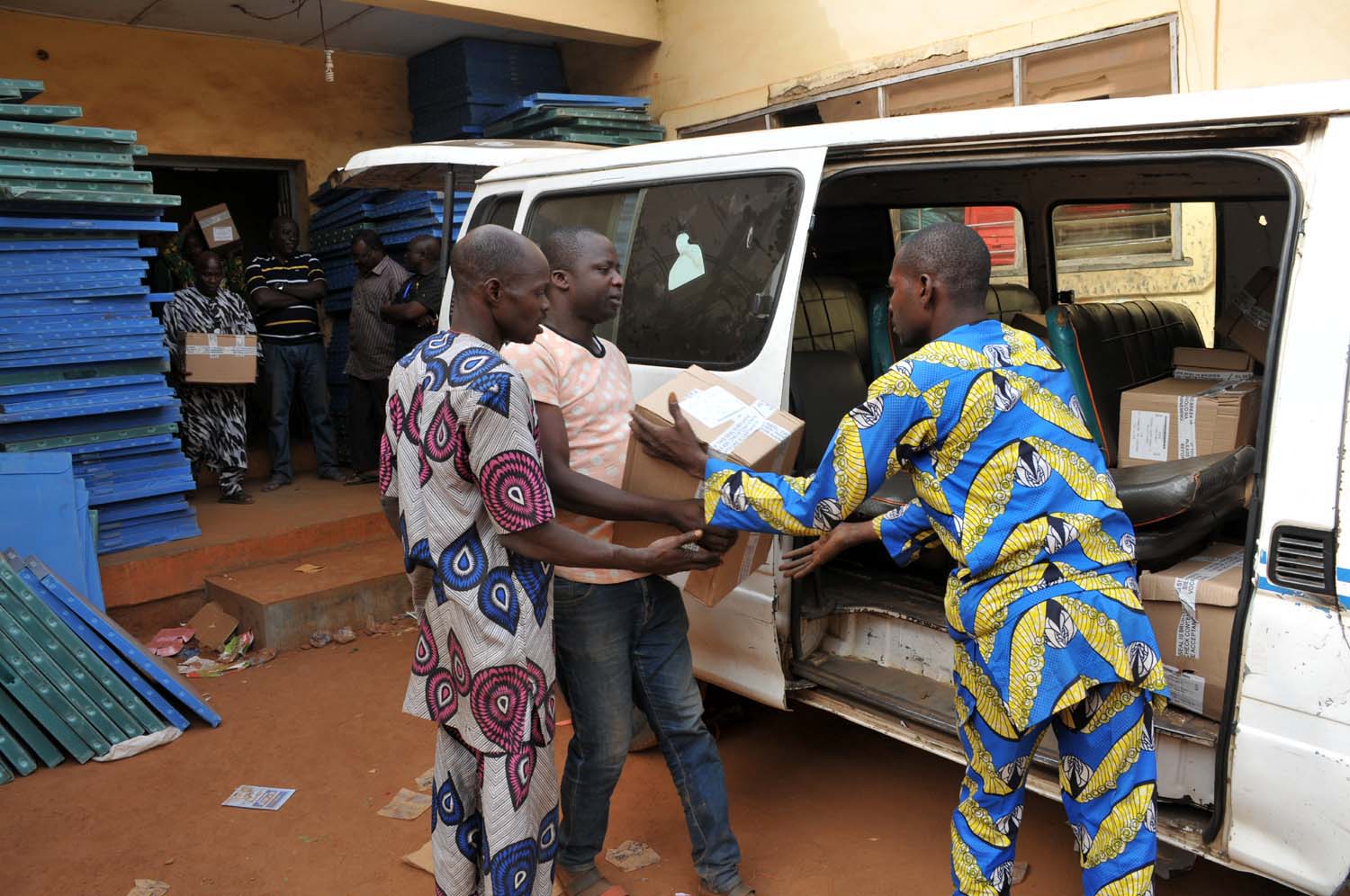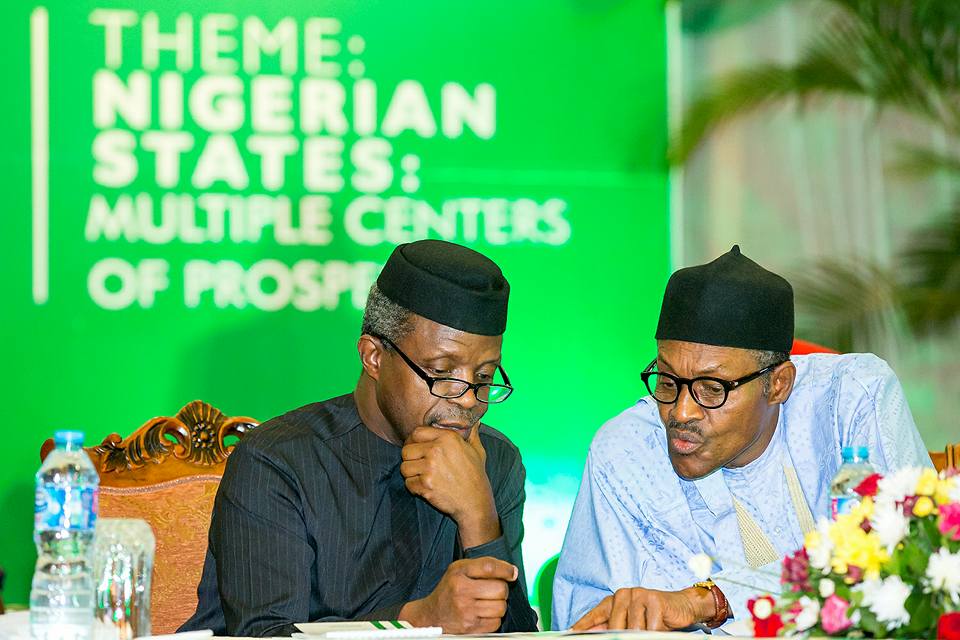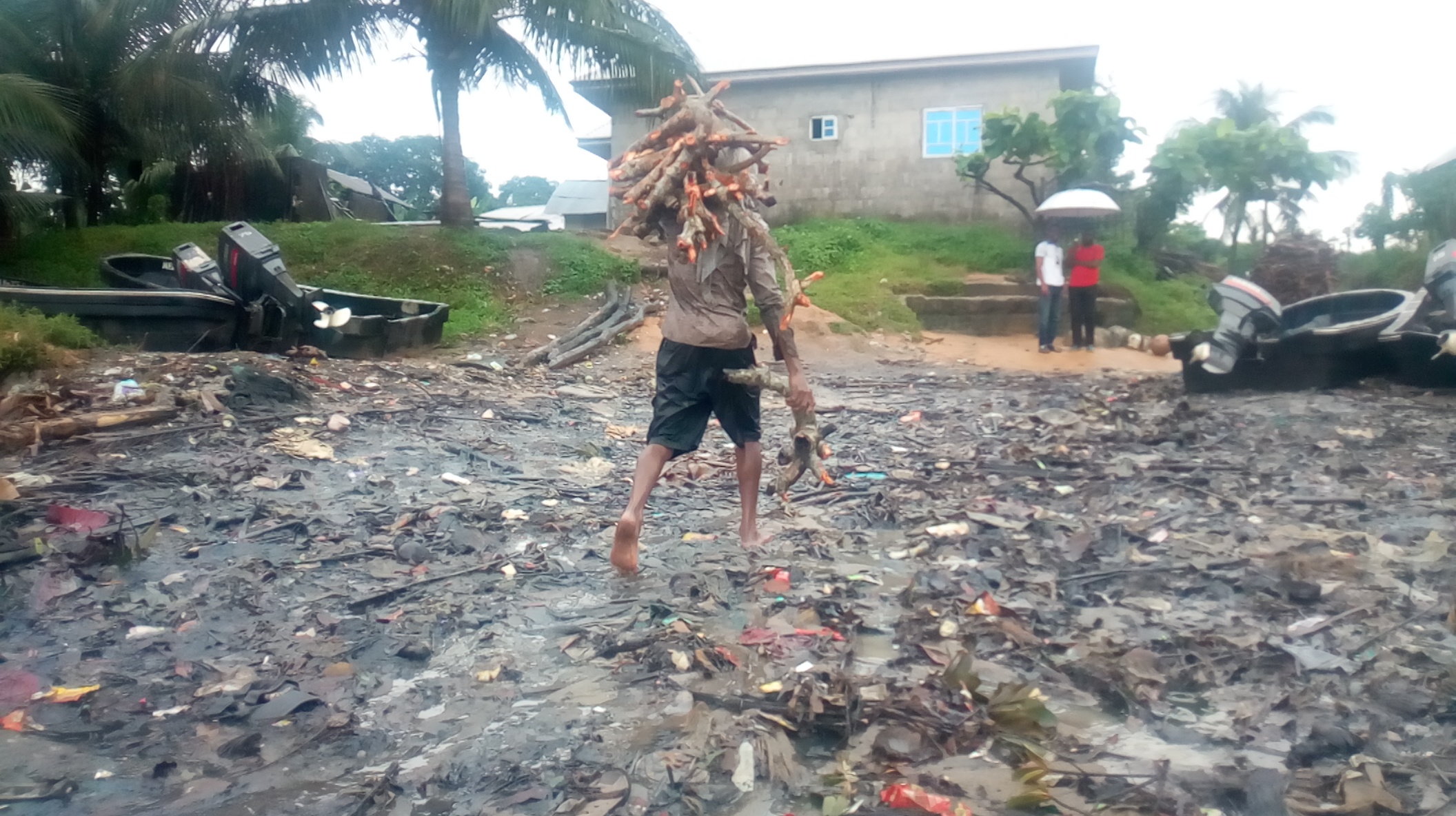File photo depicting voter registration in Nigeria
BY CATHERINE ANGAI
That Nigeria is a difficult country to live in is not news. We joke about most of our public institutions one of the (in)famous ones include ‘if the illness doesn’t kill you, the hospitals will.’ We are inundated by challenges all around us. Insecurity is rife, poverty is soaring, education is failing, health care is abysmal. There is a part of this viciousness that has normalized suffering. We even have a phrase to hallmark this as ‘the suffering and smiling’ lot. It seems that there is a part of us that has been conditioned to accept this state of affairs. We say things like ‘Nigeria can never change’ with a definitive defeatist sense of finality.
We have therefore created mini boxes of false comfort for ourselves where as we put it ‘we have become a Government unto ourselves’ and we chime with confidence ‘I generate my electricity, provide my security, pay for private education who needs the Government?’ And so we have given up on meaningful participation in Governance. We don’t care about elections because ‘my vote will not count’ and ‘they will rig anyway’. Our crude shock is that our boxes are not insulated- ‘Nigeria’ still kills you.
It is another election year but we have accepted that nothing will ever change. We have accepted two ultimate ends. The system will somehow by some cosmic chance or luck correct itself or we will all die.
Advertisement
We have learned helplessness. We have been conditioned to expect pain, suffering, and discomfort without a way to escape it. Eventually, after enough conditioning, we are gradually reaching a point where we want to stop trying to avoid the pain, we cannot stomach another disappointment and so we dig deep, we hide and take whatever we are given, we are tempted to make no effort. But it is at this very point where we need to understand what the real issues are.
First, our issues are man-made and they will be man corrected. There is no luck or chance or prayer that will correct the system. It is going to take our collective effort, collective resolve and a whole lot of pragmatic optimism that things can change.
Second, we have to break down the issues in order to address them. We have a leadership problem. However, when we approach the leadership question as that of phantom beings and ever elusive cabals ofcourse the self-defeatist answer becomes how do you fight people you cannot see?But there are surely leaders who we can see and who we can hold to account. Even if they are moved by invisible hands, actions are visible. We can make leadership accountable for what we can see. This starts one Local Government leader at a time. One State House of Assembly, One Governor, One Senator at a time.
Advertisement
Third, we have to understand that with every failure to hold leaders accountable the more room we are giving for impunity. Impunity thrives in an environment of helplessness. It is empowered and emboldened by every inaction of citizens. One of the major accountability tools we must use is elections. We must progressively see the place of elections as an opportunity for accountability. That at all levels of Governance we do not reward failure. That as citizens we begin to set political consequences for elected officials who fail to fulfill their promises.
Fourth, the work of being a citizen does not go on vacation.When there is no demand for accountability from citizens there is no incentive to supply. To be sure accountability is not a given anywhere in the world. We must progressively build platforms and movements for accountability from the bottom up. This space must be occupied by every Nigerian. It cannot be ceded to only certain groups or categories of people or organizations. There is responsibility that comes with leadership but there is even more that comes with citizenship – the burden of eternal vigilance.
Finally, the prevailing conditioning that Nigeria is in the hands of a few people and that there is nothing that citizens can do to change that must be dismantled regardless of which political party is successful at the polls. Every successful push for accountability assures that we are closer to unlearning helplessness and activating empowered citizenry through voting and post electoral accountability. Whether the status quo is maintained at the end of the day or Nigerians decide to enthrone new sets of leaders, what matters most is increased citizen’s involvement. The process of deconditioning will not happen in a day but there is no better time to start than now.
Catherine writes from the Open Society Initiative for West Africa (OSIWA) @angaick
Advertisement
Views expressed by contributors are strictly personal and not of TheCable.
Add a comment
